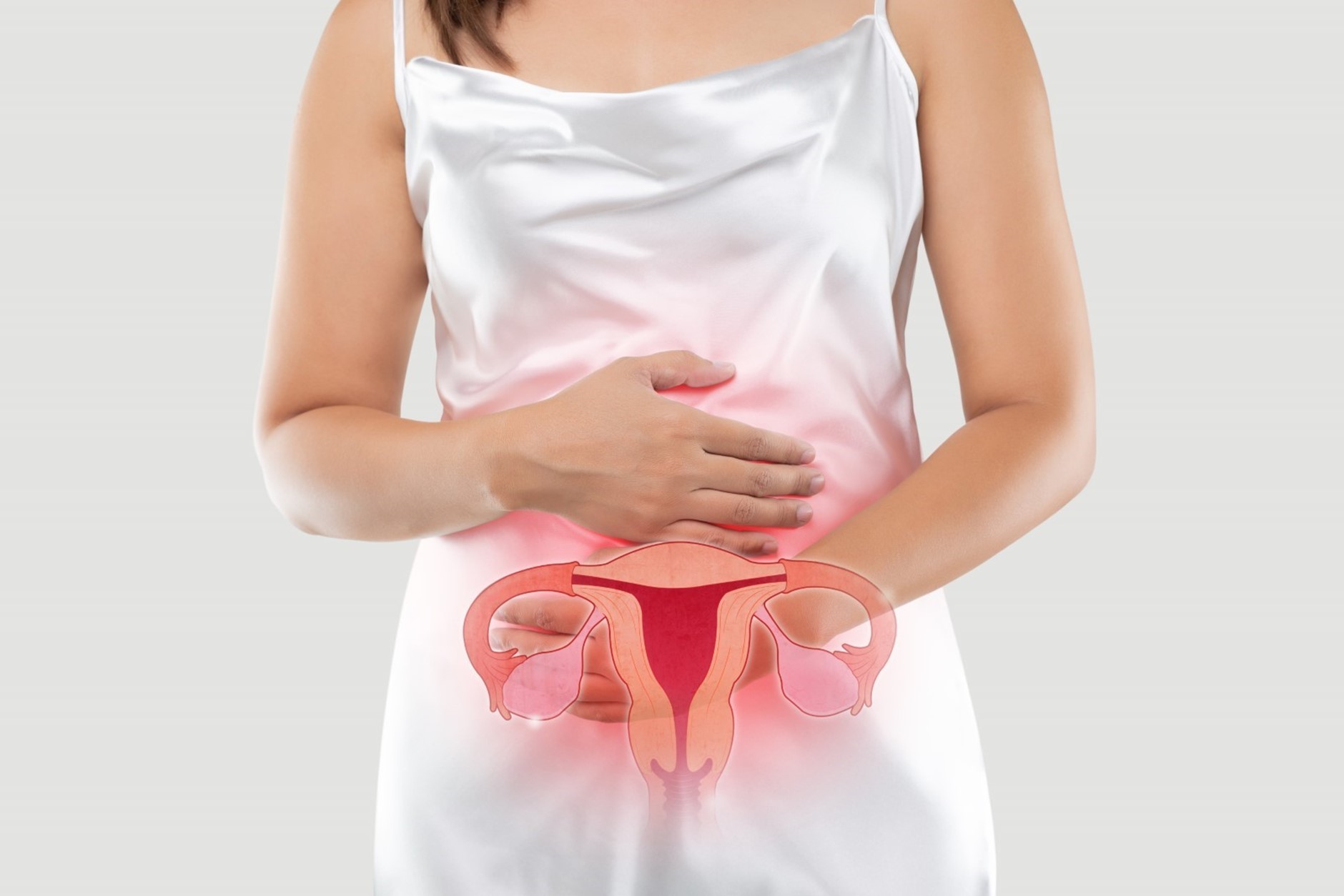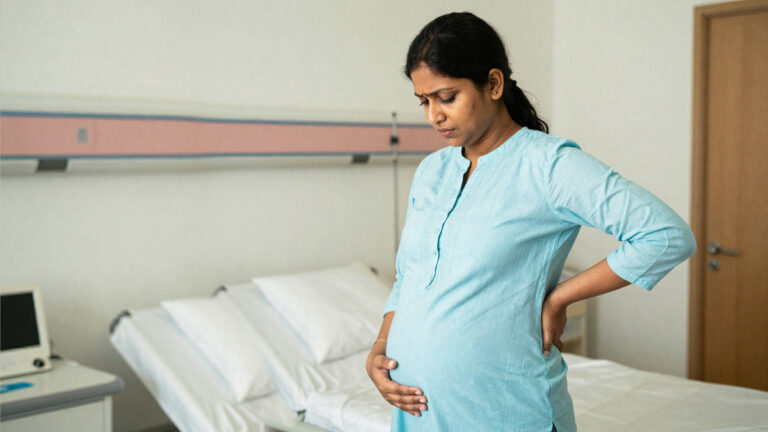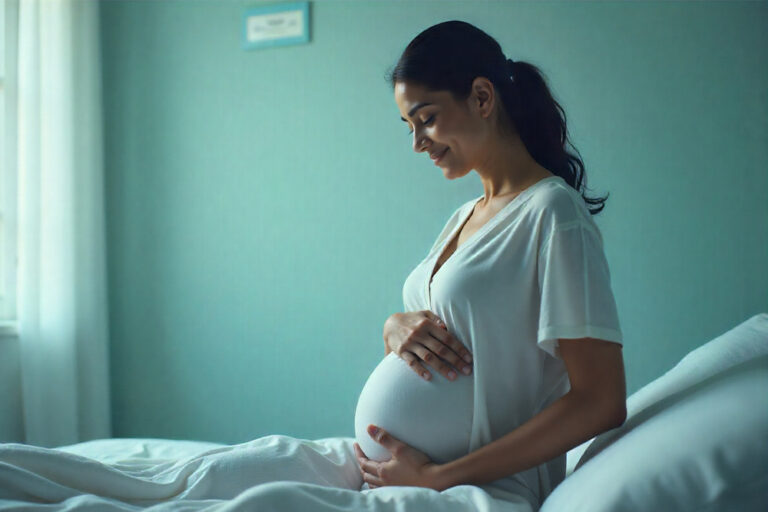A complex and often painful condition that affects millions of individuals worldwide, primarily those in their 30s and 40s.
It occurs when tissue similar to the lining of the uterus starts growing outside the uterus. This tissue acts like regular uterine tissue during menstruation, breaking apart and bleeding, leading to inflammation, scarring, and formation of lesions.
Symptoms of Endometriosis
Endometriosis symptoms can vary widely among individuals, and some may not experience any symptoms at all.
Common symptoms include:
- Severe menstrual cramps
- Back pain during periods
- Pain during bowel movements or urination, particularly during menstruation
- Heavy or irregular menstrual bleeding
- Blood in stool or urine
- Diarrhea or constipation
- Painful intercourse
- Persistent fatigue
- Difficulty conceiving
Causes of Endometriosis
Endometriosis occurs when tissue similar to the lining of the uterus grows outside the uterus.
The exact cause is unknown, but potential factors include retrograde menstruation, hormonal imbalances, immune system disorders, genetic predisposition, and environmental factors.
These factors may contribute to the development and progression of endometriosis in affected individuals.
Complications of Endometriosis
Severe endometriosis can significantly impact one’s quality of life and lead to anxiety or depression. It may also increase the risk of ovarian cancer or endometriosis-associated adenocarcinoma.
Endometriosis and Fertility
· Endometriosis is a leading cause of infertility.
· It can interfere with fertility by effecting egg quality, hindering tubal function, or impeding embryo implantation.
· Surgical removal of endometrial tissue can improve fertility, but other techniques like intrauterine insemination (IUI) or in vitro fertilization (IVF) may also be necessary.
Managing Endometriosis
While there is no cure for endometriosis, several management options can help individuals alleviate symptoms and improve their quality of life:
- Pain medications
- Hormonal therapy
- Surgery to remove endometrial tissue
- Lifestyle changes (healthy diet, regular exercise, stress management)
Endometriosis is a complex condition with diverse symptoms and potential complications. Early diagnosis and appropriate management can significantly improve the quality of life for those affected by this challenging condition.
It impacts fertility, making it challenging to conceive. It can obstruct fallopian tubes, affect egg quality, and create a hostile environment for embryos. However, with proper medical management and fertility treatments, many individuals with endometriosis can still achieve their dream of parenthood. Do not lose hope, consult our experts today!








